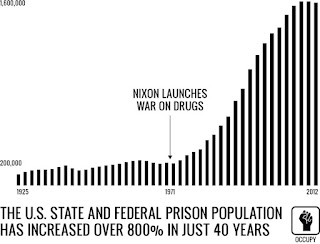Researchers say a “hidden” population of people refused asylum have been
allowed to live on Scottish streets with zero benefits and no right to
work in the UK. Hundreds of failed asylum seekers are living in Scotland on less than the UN’s global poverty target of £0.77 ($1.25) a day. Pregnant women, children and people with disabilities are among those who have been left destitute on Scotland’s streets, according to the Scottish Poverty Information Unit. The independent study was commissioned by the British Red Cross, Refugee Survival Trust and the Scottish Refugee Council.
Morag Gillespie of SPIU, said the levels of poverty she found were “dreadful” and that many interviewees were literally penniless with no legitimate means of income. The report states that 1,849 destitute people were given emergency grants from a charity called the Refugee Survival Trust from 2009 to 2012. Almost half (49 per cent) were homeless, including families with children, 26 people with mental health issues, four disabled people and five pregnant women and two new mothers. The asylum seekers came from 67 countries, most often Iran, Iraq and Eritrea. Some interviewees had been in the asylum system for more than a decade.
Gary Christie, of the Scottish Refugee Council, said: "We see people who have been tortured in Iran yet have been refused protection; others fleeing for their lives from the violence of war in Somalia but who don’t meet the terms of the refugee convention or pregnant women whose cases have been turned down and don’t qualify for any support until they reach 32 weeks." He goes on to explain “People are literally being starved into leaving Scotland. People have lost their asylum cases but are left in limbo as there is no way of returning them to their countries. Either the person will not return voluntarily or there is no practical way of achieving the return, as the country won’t accept them back or there is no safe passage to get there. These people are left with no accommodation, no right to work, no benefits and no food. Some people can remain in such a situation for months or years, which is a disgrace.”
Morag Gillespie of SPIU, said the levels of poverty she found were “dreadful” and that many interviewees were literally penniless with no legitimate means of income. The report states that 1,849 destitute people were given emergency grants from a charity called the Refugee Survival Trust from 2009 to 2012. Almost half (49 per cent) were homeless, including families with children, 26 people with mental health issues, four disabled people and five pregnant women and two new mothers. The asylum seekers came from 67 countries, most often Iran, Iraq and Eritrea. Some interviewees had been in the asylum system for more than a decade.
Gary Christie, of the Scottish Refugee Council, said: "We see people who have been tortured in Iran yet have been refused protection; others fleeing for their lives from the violence of war in Somalia but who don’t meet the terms of the refugee convention or pregnant women whose cases have been turned down and don’t qualify for any support until they reach 32 weeks." He goes on to explain “People are literally being starved into leaving Scotland. People have lost their asylum cases but are left in limbo as there is no way of returning them to their countries. Either the person will not return voluntarily or there is no practical way of achieving the return, as the country won’t accept them back or there is no safe passage to get there. These people are left with no accommodation, no right to work, no benefits and no food. Some people can remain in such a situation for months or years, which is a disgrace.”



